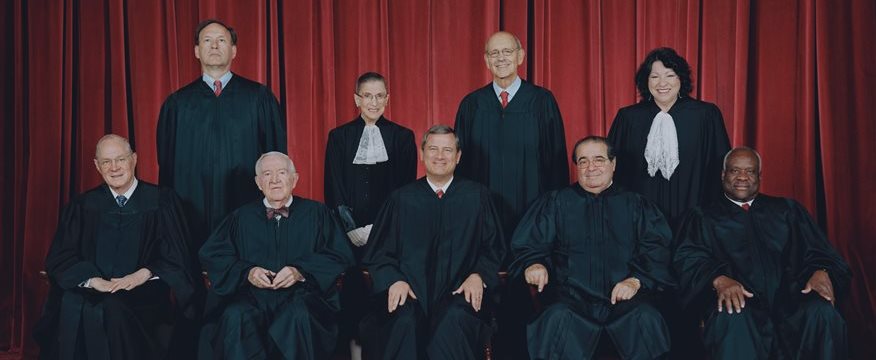The US Supreme Court ruled that a computerised financial trading system cannot be patented because it is based on an 'abstract' idea.
In a case closely watched by the tech sector for its implications for software patents, the court struck down the patents held by Australia's Alice in its dispute with a major global banking group. According to a report on the Fin24.com site, Justice Clarence Thomas said the patented process of assessing financial risk 'does no more than simply instruct the practitioner to implement the abstract idea of intermediated settlement on a generic computer'. Thomas added that these process 'add nothing of substance to the underlying abstract idea', and as a result they are 'patent ineligible'. CLS, a trading platform used by some of the world's largest banks was sued for violating the Alice patents in a system that assesses the financial risks of daily exchanges to ensure against losses, the report notes.
Patent trolls
Alice, which commercialises its
risk-hedging systems for traders, claimed that an unfavourable ruling
could put thousands of software patents at risk.
But others said
the courts were being clogged by "patent trolls" that seek to monopolise
generic ideas and extract royalties from them.
The Computer
& Communications Industry Association, a trade group that includes
Google, Yahoo and Facebook, welcomed the ruling as well-crafted.
"The
court has found that taking an idea and implementing it on a computer
does not deserve a patent. This is a sound decision ensuring our patent
laws are better aligned with the original intent of our founders," said
CCIA's Ed Black.
"The justices interpreted the law in a way that
will cut back on some flimsy patents without impacting more deserving
ones. Better quality patents will help curb the patent troll problem."
Patent
lawyer Gene Quinn wrote on the IP Watchdog blog that the "breathtaking"
decision could mean that even the IBM Watson supercomputer might not be
patent eligible.
But Adam Mossoff, a George Mason University law
professor, said the court's ruling was narrow enough to steer clear of
many other software patents.
"Thus, innovative software
inventions in the high-tech industry are now definitively deemed
patentable, contrary to the claims of many patent sceptics today," he
said.
Patent attorney Jennifer Spaith said the court "failed to
articulate a broader standard for how to identify an unpatentable
'abstract idea'".
"The Supreme Court did not offer tools for
identifying patentable subject matter in these other intangible areas,
so patentees will continue to battle uncertainty in these spaces,"
Spaith said.
Florian Mueller, who writes the Foss Patents blog,
said that the opinion was "narrowly focused on issues that relate to
abstract ideas such as business methods and does not provide any
guidance with respect to the patent-eligibility of technical inventions
involving software".



